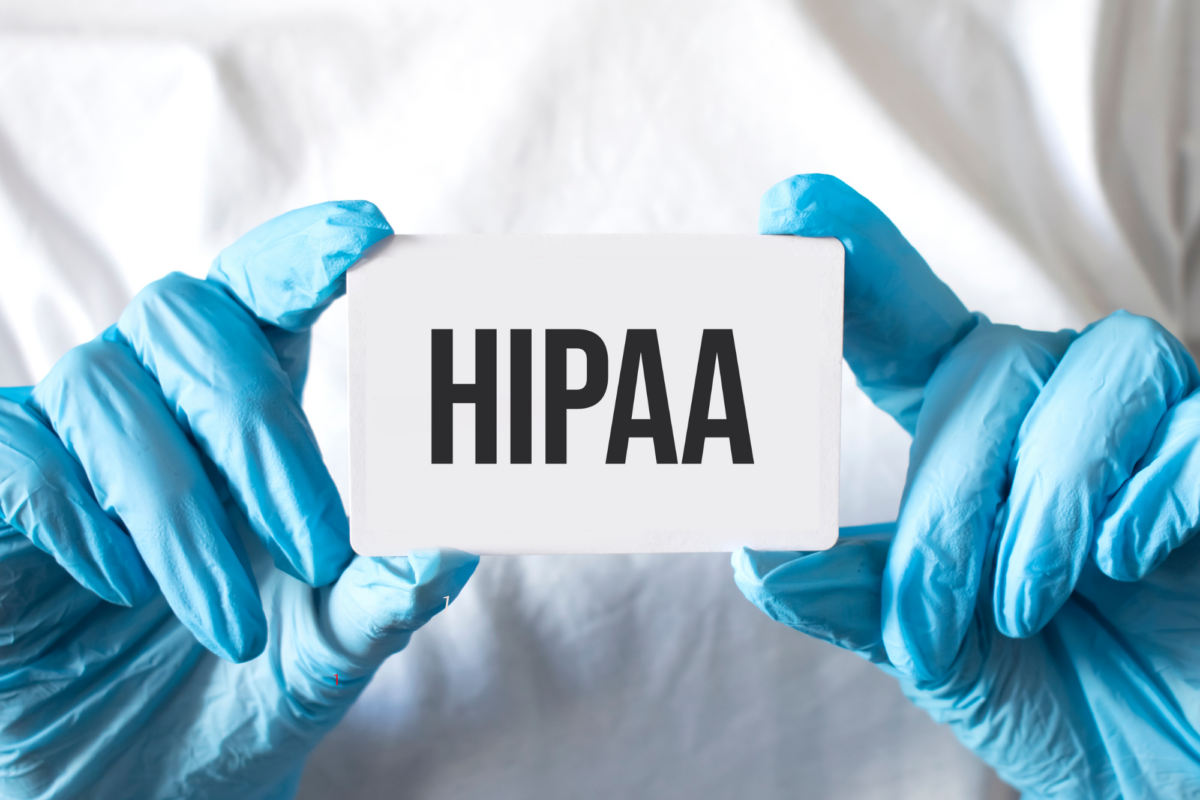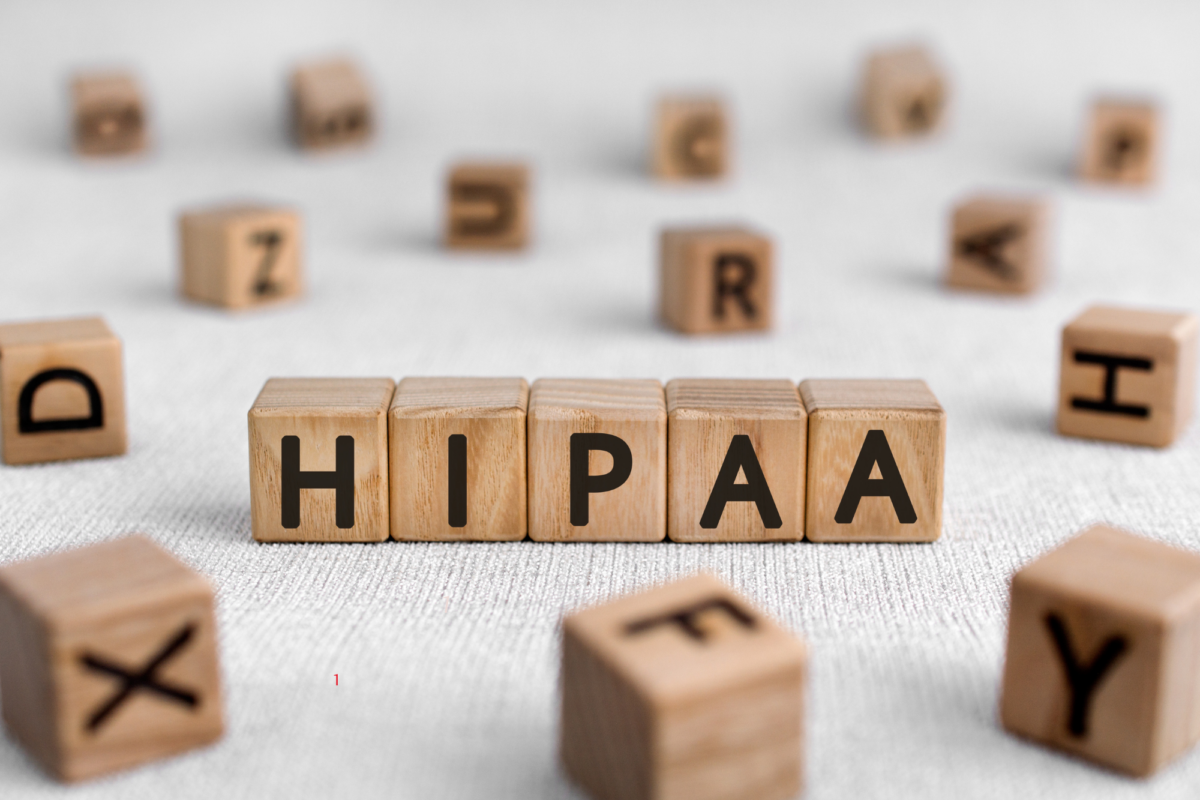Understanding HIPAA: Safeguarding Patient Privacy and Confidentiality

In the realm of healthcare, patient privacy and confidentiality are paramount. Protecting sensitive health information not only upholds individuals’ rights but also fosters trust and confidence in the healthcare system. One of the foundational pillars safeguarding patient privacy is the Health Insurance Portability and Accountability Act (HIPAA). In this blog post, we’ll explore the significance of HIPAA, its key provisions, and its role in maintaining patient confidentiality and security.
What is HIPAA?
HIPAA, the Health Insurance Portability and Accountability Act, is a landmark legislation enacted by the United States Congress in 1996. Its primary purpose is to safeguard individuals’ protected health information (PHI) while promoting the portability and continuity of health insurance coverage. HIPAA establishes national standards for the protection of PHI and imposes requirements on healthcare providers, health plans, and healthcare clearinghouses to ensure compliance with these standards.
Protecting Patient Privacy:
HIPAA sets stringent guidelines for the collection, use, and disclosure of PHI to safeguard patient privacy. Covered entities, including healthcare providers, must obtain individuals’ consent or authorization before disclosing their PHI, except in certain permitted circumstances, such as treatment, payment, or healthcare operations. Additionally, HIPAA grants individuals the right to access their own health information, request amendments to their records, and receive an accounting of disclosures.
Safeguarding Electronic Health Information:
In an increasingly digital healthcare landscape, HIPAA also addresses the security of electronic health information (ePHI). The HIPAA Security Rule establishes standards for the protection of ePHI, requiring covered entities to implement administrative, physical, and technical safeguards to ensure the confidentiality, integrity, and availability of electronic health records. These safeguards include measures such as encryption, access controls, audit trails, and employee training to mitigate the risk of data breaches and unauthorized access.
Promoting Compliance and Accountability:
HIPAA mandates that covered entities and their business associates adhere to its privacy and security requirements and implement policies and procedures to ensure compliance. Organizations must designate a privacy officer and a security officer responsible for overseeing HIPAA compliance efforts, conducting risk assessments, and addressing privacy and security incidents. HIPAA also empowers the Department of Health and Human Services (HHS) to enforce its provisions through audits, investigations, and civil monetary penalties for non-compliance.
Fostering Trust and Confidence:

By establishing robust privacy and security standards, HIPAA fosters trust and confidence in the healthcare system. Patients can feel reassured that their health information is protected from unauthorized access, disclosure, or misuse, promoting open communication and transparency between healthcare providers and patients. Upholding patient privacy not only preserves individuals’ dignity and autonomy but also facilitates the delivery of high-quality, patient-centered care.
Conclusion:
In conclusion, HIPAA plays a critical role in safeguarding patient privacy and confidentiality in the healthcare landscape. By establishing national standards for the protection of PHI and ePHI, HIPAA promotes trust, accountability, and transparency in healthcare delivery. Upholding patient privacy not only preserves individuals’ rights and dignity but also strengthens the foundation of the healthcare system, ensuring that patient information remains secure and confidential. Let us continue to prioritize HIPAA compliance and uphold the principles of patient privacy and confidentiality in all aspects of healthcare delivery.
